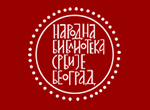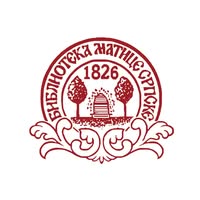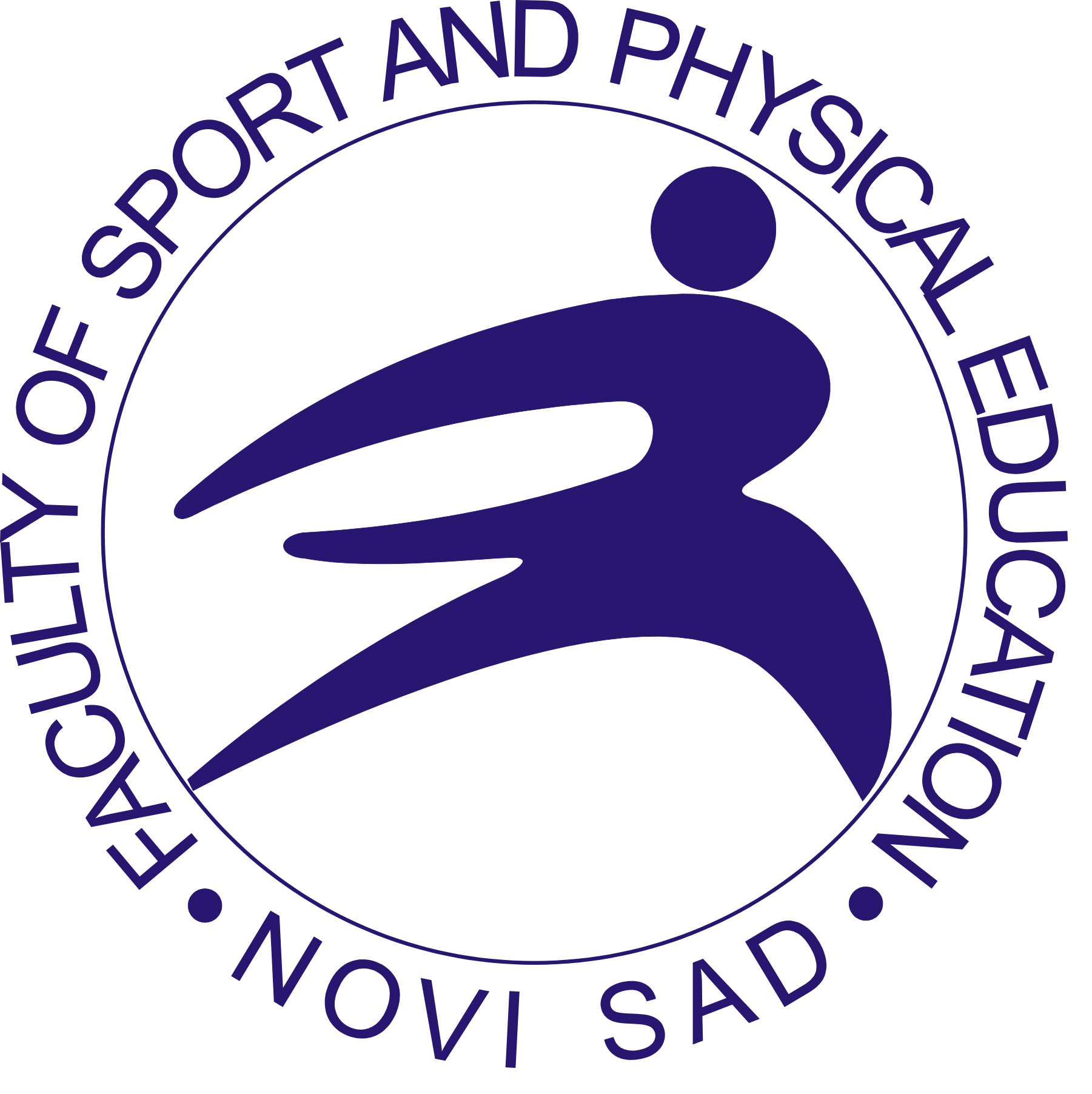Vol 7, No 2 (2015)
Published: 02.12.2015.
Authors in this issue:
Adrian J. Haug, Dejan Madić, Goran Sporiš, Goran Žakula, Ivan Vrbik, Krešimir Šamija, Mila Fischer, Tatjana Tubić, Tomislav Krističević,
Edited by:
Danilo Radanović
Author guidelines
Editorial Policy
35
Issues213
ArticlesBECOME A REVIEWER
We invite you to become an Exercise and Quality of Life reviewer.
BECOME GUEST EDITOR
Exercise and Quality of Life runs special issues to create collections of papers on specific topics.
Archive
See all
Volume 18, Issue 1, 2026
Volume 17, Issue 2, 2025
Volume 17, Issue 1, 2025
Volume 16, Issue 3, 2024
02.12.2015.
Original scientific paper
DOES THE CHANGE OF TESTING PROTOCOL HAVE AN INFLUENCE ON THE RELIABILITY IN MOTOR SKILL TESTS?
The aim of this research was to determine the effect of two different metric protocols, the
present standard and a new protocol with a video demonstration of the task, on reliability and
homogeneity of motor skills assessment tests for the students in primary education. The
sample of participants comprised ofstudentsin the third and fourth grades from four
elementary schools in the urban area of Petrinja and Sisak in Croatia. The total number of
students that participated was 327, consisting of 186 boys and 141 girls aged 10.5 years. The
students were divided in two subsamples, based on the protocol applied. The sample of
variables consisted of 4 motor skills assessment tests: Shuttle-run, Partial Curl-up, 90° Pushups, Back-saver sit and reach.The results of metric characteristics of composite testing in the
field of motor skills have shown a high level of reliability, homogeneity and sensitivity of
tests after both protocols were applied. Based on the reliability coefficient, the test called
90°Push-ups can be used further by using the video demonstration protocol, with a few trials
before the application, while the test called Partial Curl-updoes not allow the use and
application of the test in this form and using this method. The research shows that, with
correction of some tests, the new protocol with the video demonstration has better results of
metric characteristics of tests compared to the standard protocol.
Krešimir Šamija, Ivan Vrbik, Dejan Madić, Goran Sporiš
02.12.2015.
Original scientific paper
IMPLEMENTATION OF ASSESSMENTS FOR LEARNING IN ELEMENTARY SCHOOL PHYSICAL EDUCATION PRACTICE
Assessment for Learning (AfL) strategies can be regularly used to gauge and respond to
student progress in an international school learning environment. In its various forms,
assessment is crucial for helping students to learn, better understand their learning process,
and should be an ongoing means of learning feedback. The aim of this study was to
determine the possible opportunities for implementing AfL in elementary school physical
education classes. AfL provides feedback on what has been done well, what is understood
and how to progress. For each of the key skills in physical education, clear performance
criteria could be articulated in the form of a teacher’s and child’s rubric. Examining the
reflections of six PE teachers on their experience in working with AfLs, it was proved that
implementing AfL in elementary school PE practice encourages and enables students to
assess their own learning and progress. This method of assessment also helps teachers to
improve individual student learning and not just record or identify which learning stage a
student resides.
Mila Fischer, Adrian J. Haug
02.12.2015.
Original scientific paper
THE EFFECTS OF LIVE AND VIDEO DEMONSTRATION ON THE EARLY ACQUISITION OF A NEW MOTOR TASK
Demonstration is a widely used method in sports teaching and coaching, as well in Physical
education classes. The most commonly used types of demonstration live demonstration and
video demonstration. However, a direct comparison between these two types of model has
rarely been undertaken in a motor context. Therefore, the aim of this reseasrch is to specify
and compare the effects of the two different metric protocol, former standard and the new
video demonstration, on the estimation of the test results in the primary school.The
participants involved the third and the fourth year students from four elementary schools in
Petrinje and Sisak which territorialy belong to urban area of the Sisak- Moslavic county. The
total number of students on whom this research has taken place was 327, of which 186 were
boys and 141 were girls at the age of 10,5. The students were divided into two subsamples
considering the used treatment,both standard and video demonstration protocol. The sample
of variables in this research consists of four tests for evauating motor abilities: Shuttle run,
Back-save sit and reach for the right and left leg, Push-ups and Curl up. The use of video
demonstration protocol for task performance has shown a significant effect in the tests
Shuttle run and Curl up, while significant effects were not gained in both both flexibility tests
(Back-save sit and reach for the right and left leg) and strength tests (push-ups) due to the
protocol. The results indicated that video demonstration seems more effective than the live
one for the early acquisition of a completely new motor skills.
Ivan Vrbik, Tomislav Krističević, Goran Sporiš, Dejan Madić
02.12.2015.
Original scientific paper
STRESS COPING RELATIVE TO COMPETITIVE EXPERIENCE OF HANDBALL PLAYERS
The aim of this study is to examine differences in stress coping between handball players of
different competitive experience. The sample consists of 127 handball players from 10 clubs
in Serbia, 83 of whom are males and 44 are females. All participants are divided in three
groups, which are formed according to their competitive experience: up to 5 years (n = 42),
up to 10 years (n = 58), over 10 years (n = 26), with an assumption that there are no
significant differences between male and female handball players (p = .909). General SelfEfficacy Scale (SGSE; Schwarzer, & Jerusalem, 1981) is applied. The findings indicate that
there are significant differences in stress coping between handball players with different
levels of competitive experience (p = .021); the longer the competitive experience, the more
efficient stress coping is. As regards the findings of previous studies and the specificity of
handball, this paper provides possible explanation of obtained results and their
implementation in everyday activities of athletes and coaches.
Goran Žakula, Tatjana Tubić

























